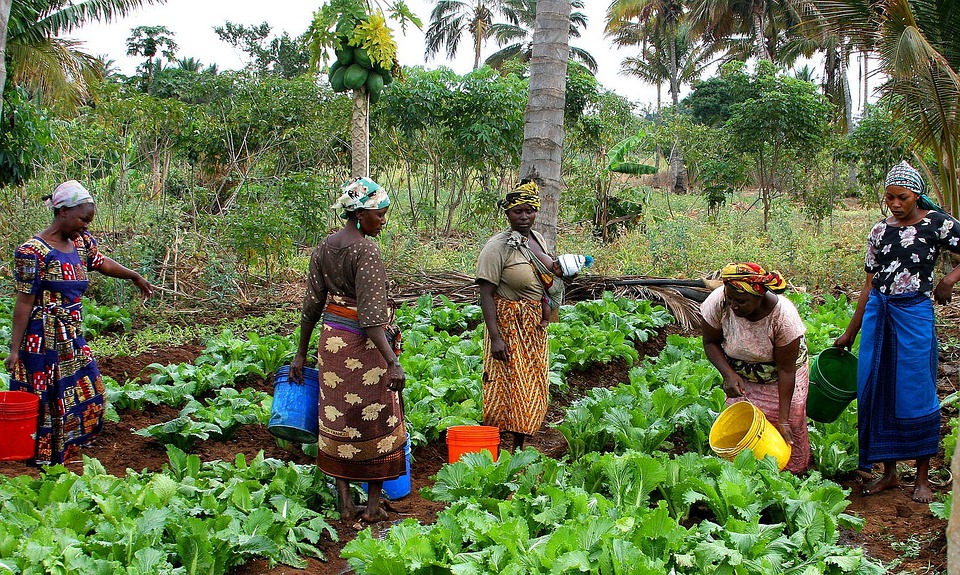As someone who has spent years living off the grid, I have seen firsthand the importance of sustainable agriculture in reshaping the food industry. From farm to table, the impact of sustainable farming and gardening practices cannot be overstated. As consumers become more conscious of where their food comes from and the environmental implications of modern farming methods, sustainable agriculture is gaining momentum and changing the way we think about food production.
I remember the first time I planted my own vegetable garden and tasted the difference in flavor and freshness compared to store-bought produce. It was a transformative experience that sparked my passion for sustainable farming and gardening. I realized that by growing my own food, I could not only reduce my carbon footprint but also have a deeper connection to the land and the food I was putting on my plate.
Sustainable agriculture focuses on utilizing natural resources efficiently, minimizing waste, and promoting biodiversity. By implementing practices such as crop rotation, composting, and water conservation, farmers can reduce the need for harmful pesticides and synthetic fertilizers, while also improving soil health and preserving the ecosystem. This not only benefits the environment but also results in healthier, more nutritious food for consumers.
One of the key aspects of sustainable agriculture is the concept of “farm to table,” where food is grown, harvested, and consumed locally. This not only reduces the carbon footprint associated with transportation but also supports local farmers and promotes community resilience. By purchasing food from local farmers markets or joining a community-supported agriculture (CSA) program, consumers can directly support sustainable farming practices and enjoy fresh, seasonal produce.
Pro Tips:
1. Start small: If you’re new to sustainable farming and gardening, don’t overwhelm yourself with a large plot of land. Start with a small vegetable garden or herb garden to get the hang of things before expanding.
2. Educate yourself: Take the time to research different sustainable farming methods and gardening techniques. There are plenty of resources available online and in books to help you get started.
3. Join a community: Connect with other like-minded individuals in your community who are passionate about sustainable agriculture. Joining a community garden or participating in local workshops and events can provide valuable support and knowledge.
In conclusion, sustainable agriculture is reshaping the food industry by promoting environmentally-friendly practices, supporting local farmers, and providing consumers with fresh, nutritious food. By embracing the farm-to-table movement and implementing sustainable farming and gardening practices, we can all play a role in creating a more sustainable and resilient food system for future generations. So why not dig in and get started on your own sustainable farming journey today?



